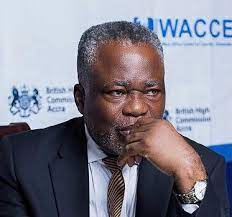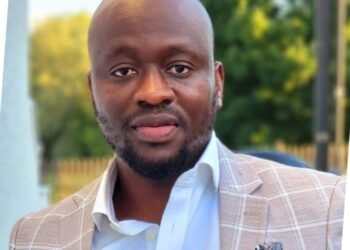Security analyst Colonel Festus Aboagye (Rtd.) has called for restraint in speculating about the causes of the tragic military helicopter crash that claimed eight lives on August 6, stressing that only a fact-driven investigation can provide answers.
Speaking in the aftermath of the disaster, Colonel Aboagye acknowledged that conspiracy theories often emerge in the wake of such incidents, but warned that they should not take precedence over evidence.
“There is no devil that suddenly brought the aircraft down. Sabotage is possible, but it must be proven. Fortunately, this isn’t like past incidents where the first assumption would be that the aircraft was deliberately brought down”.
Security analyst Colonel Festus Aboagye (Rtd.)
The crash, which involved a Ghana Air Force Z-9 helicopter, occurred in Adansi Akrofuom as the aircraft travelled to Obuasi for the launch of the Responsible Community and Cooperative Mining Programme. The accident sent shockwaves across Ghana, cutting short the lives of leading figures in government, politics, and the military.
The civilian victims included Dr. Edward Omane Boamah, Minister for Defence; Dr. Ibrahim Murtala Mohammed, Minister for Environment, Science, Technology and Innovation; former parliamentary candidate Samuel Aboagye; National Democratic Congress (NDC) Vice Chairman Samuel Sarpong; and Alhaji Limuna Muniru Mohammed, Acting Deputy National Security Coordinator.
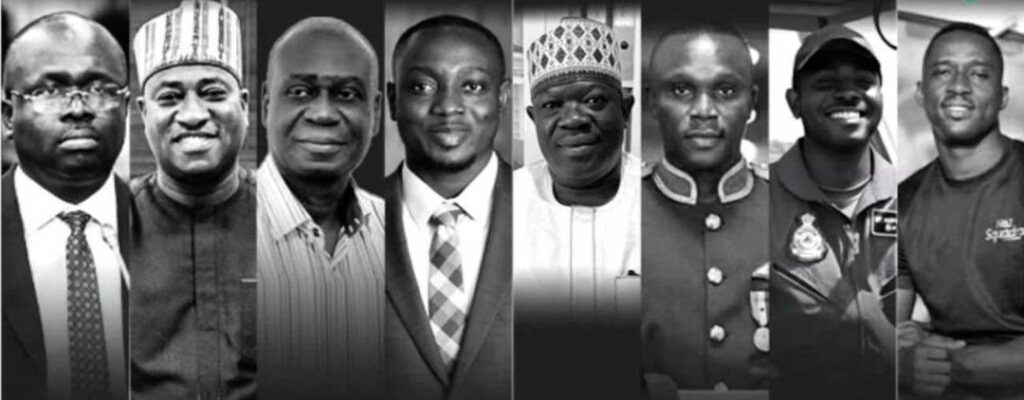
The three military crew members who perished were Squadron Leader Peter Obafemi Anala, Flying Officer Manaen Twum-Ampadu, and Sergeant Ernest Addo Mensah.
Colonel Aboagye, a former senior officer of the Ghana Armed Forces, explained that investigators will examine all possible scenarios, including hostile fire or sabotage. However, he emphasized that such claims must be backed by hard evidence before they can be sustained.
Agencies like the Criminal Investigations Department (CID), the Bureau of National Investigations (BNI), and the National Intelligence Directorate (NID), he noted, are expected to “keep their ears to the ground” for any intelligence pointing to foul play.
External Actors’ Role in Helicopter Crash Dismissed
In clarifying how the Air Force operates, Colonel Aboagye dismissed suggestions that external actors might have influenced the pilot’s decisions. He stated that within the chain of command, once a pilot is in control of an aircraft, no minister, passenger, or senior official can overrule their judgment on where or how to land.
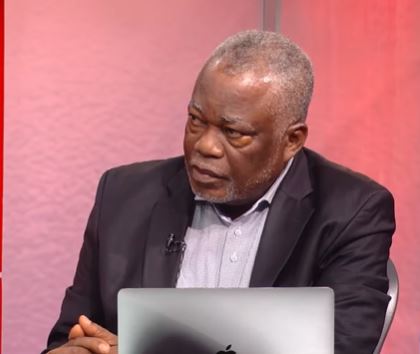
“Once the pilot is in charge, only air traffic control and Air Force bases at Accra or Kumasi can issue directions. No minister, no passenger, nobody else can change his decision on where to land”.
Security analyst Colonel Festus Aboagye (Rtd.)
He further explained that standard operating procedures guide pilots in the event of diversions or complications. If a diversion is necessary, the pilot would first circle the intended landing site before determining whether conditions permit a safe landing elsewhere.
“That is standard practice. Decisions are taken based on professional judgment, not external pressure,” he emphasized, underscoring the professionalism of Air Force pilots and the independence of their role during missions.
The retired colonel highlighted that the ongoing investigation will probe three main areas: technical issues, human factors, and environmental conditions at the time of the crash.
Each of these elements, he said, must be thoroughly scrutinized to establish the precise chain of events that led to the disaster. “Conspiracy theories may abound, but evidence will guide the outcome,” he said, urging the public to trust the investigative process rather than rely on speculation.
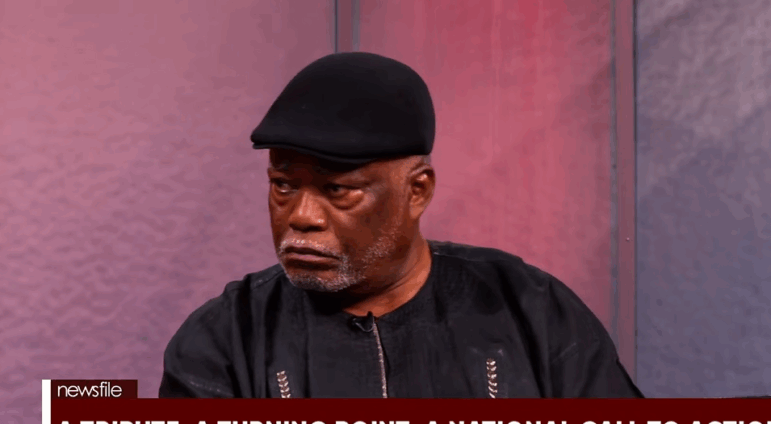
The August 6 tragedy has drawn widespread national mourning, as the loss of senior ministers and experienced military personnel has been described as a blow to both governance and national security.
Vigils, tributes, and messages of condolence have poured in from across the political spectrum, reflecting the gravity of the disaster and the stature of those who perished.
For Colonel Aboagye, the focus now must remain on gathering facts and ensuring that the final report provides clarity, not conjecture. He maintained that only through an evidence-based process will the nation avoid politicizing or sensationalizing an already painful tragedy.
READ ALSO: Dr. Boateng Calls for Small-Scale Mining Bank to Boost Local Financing

